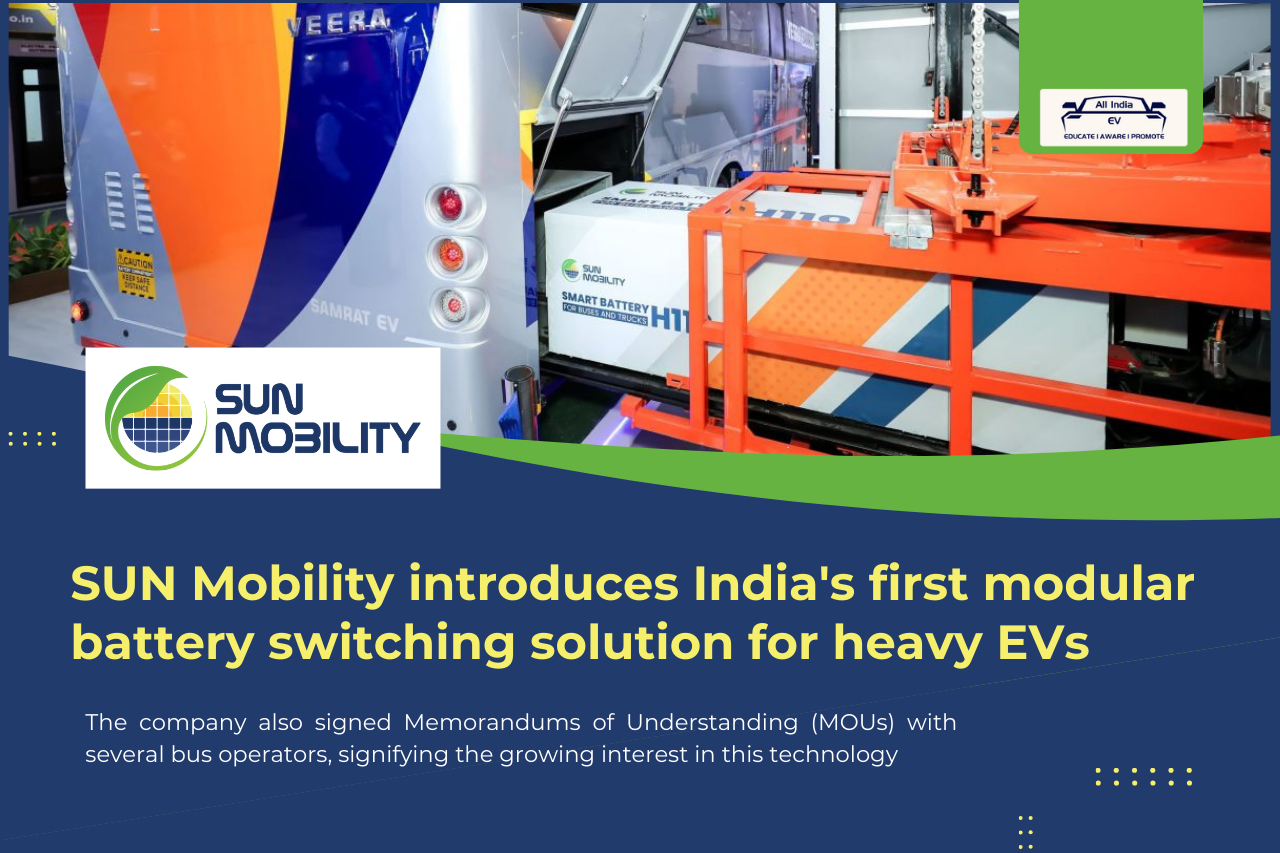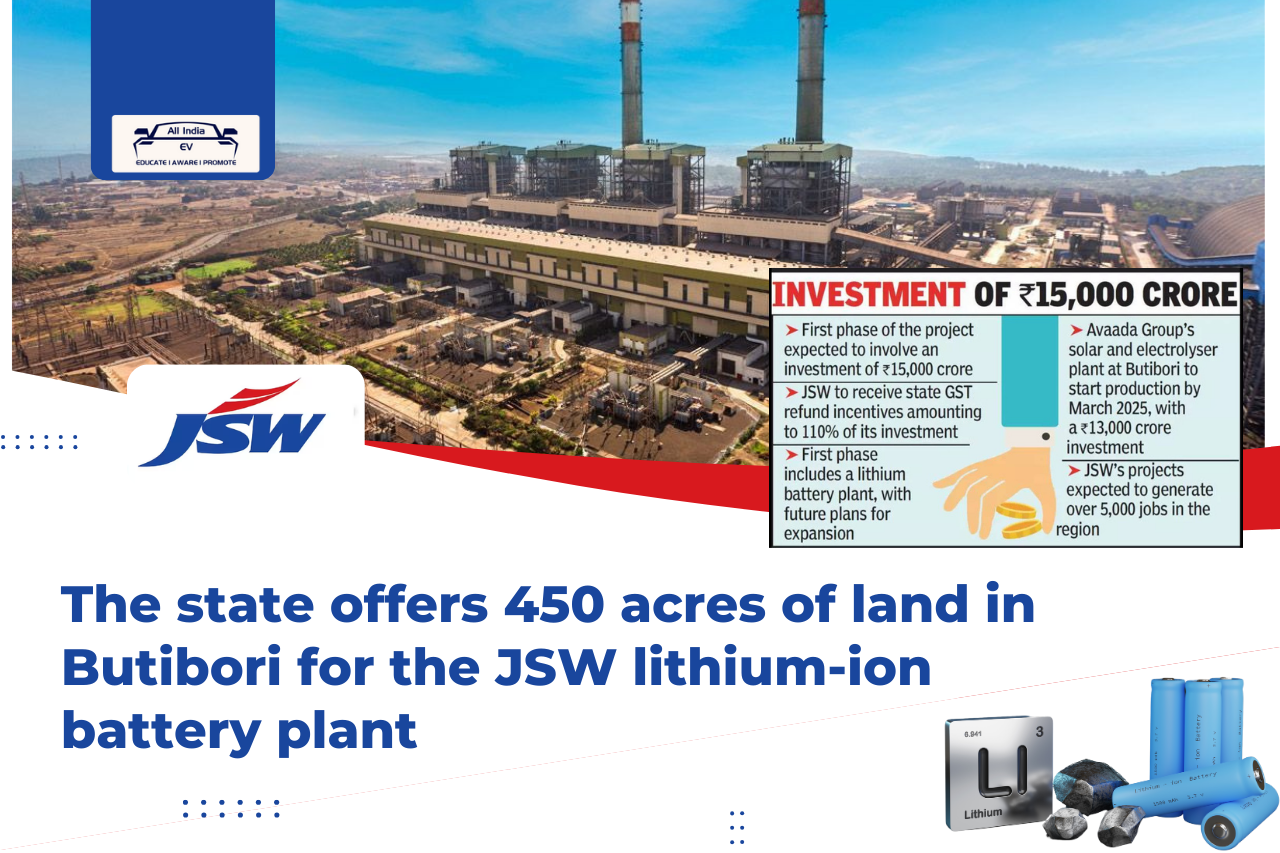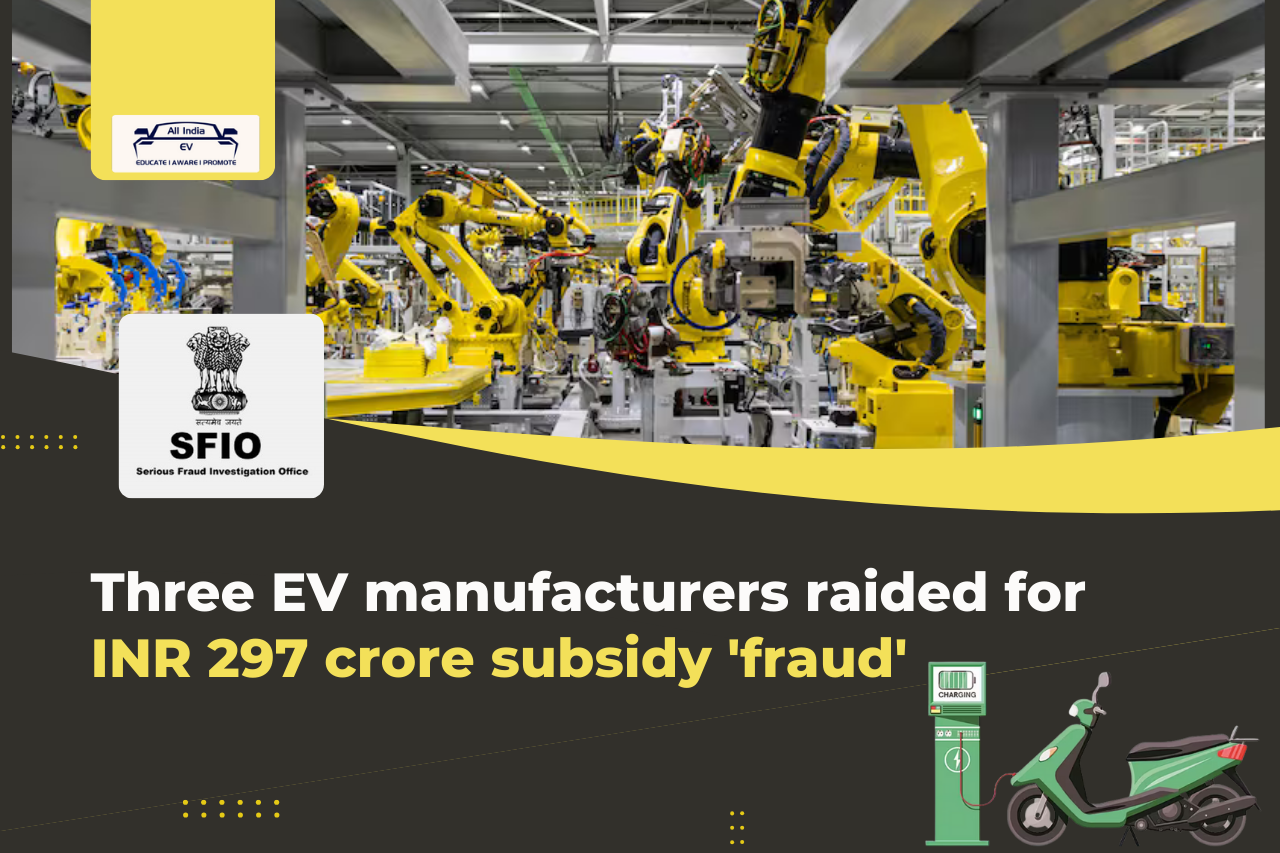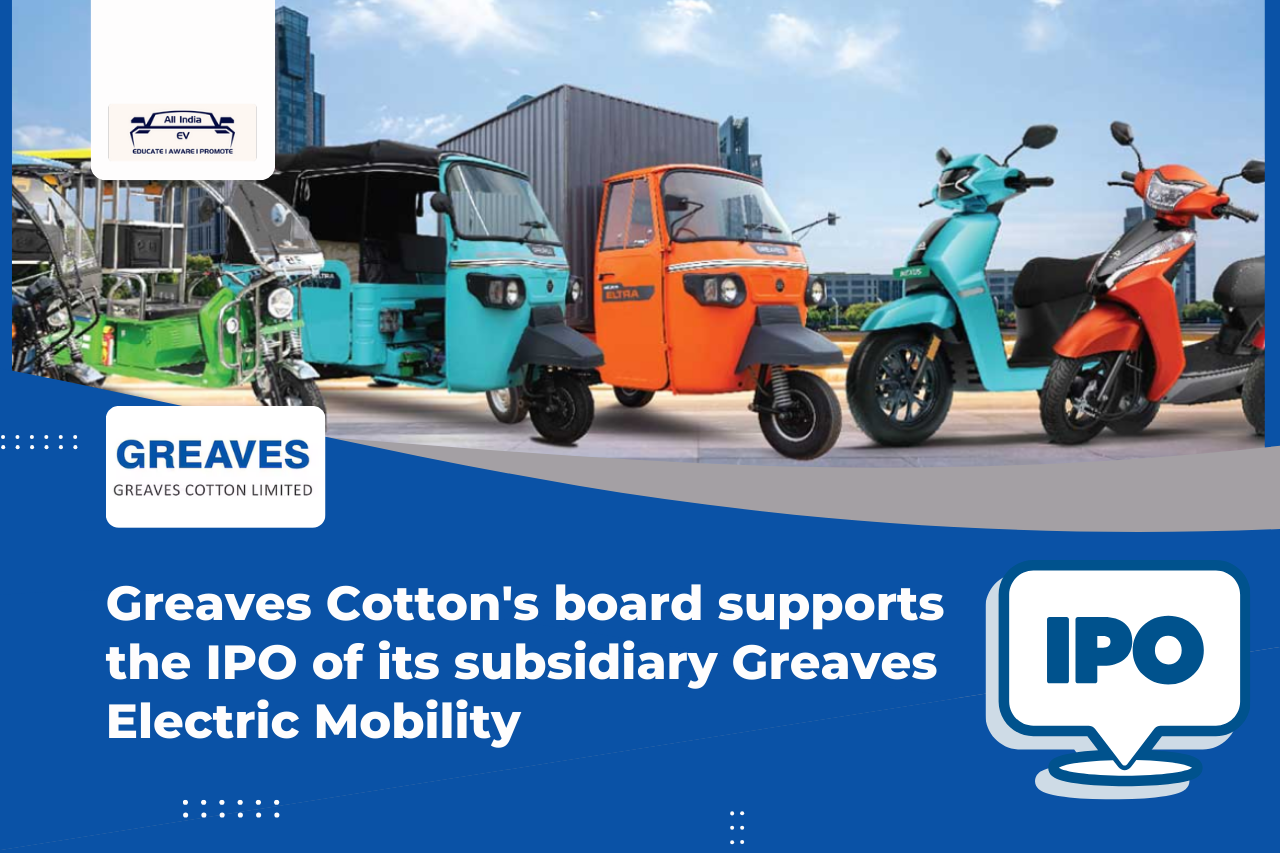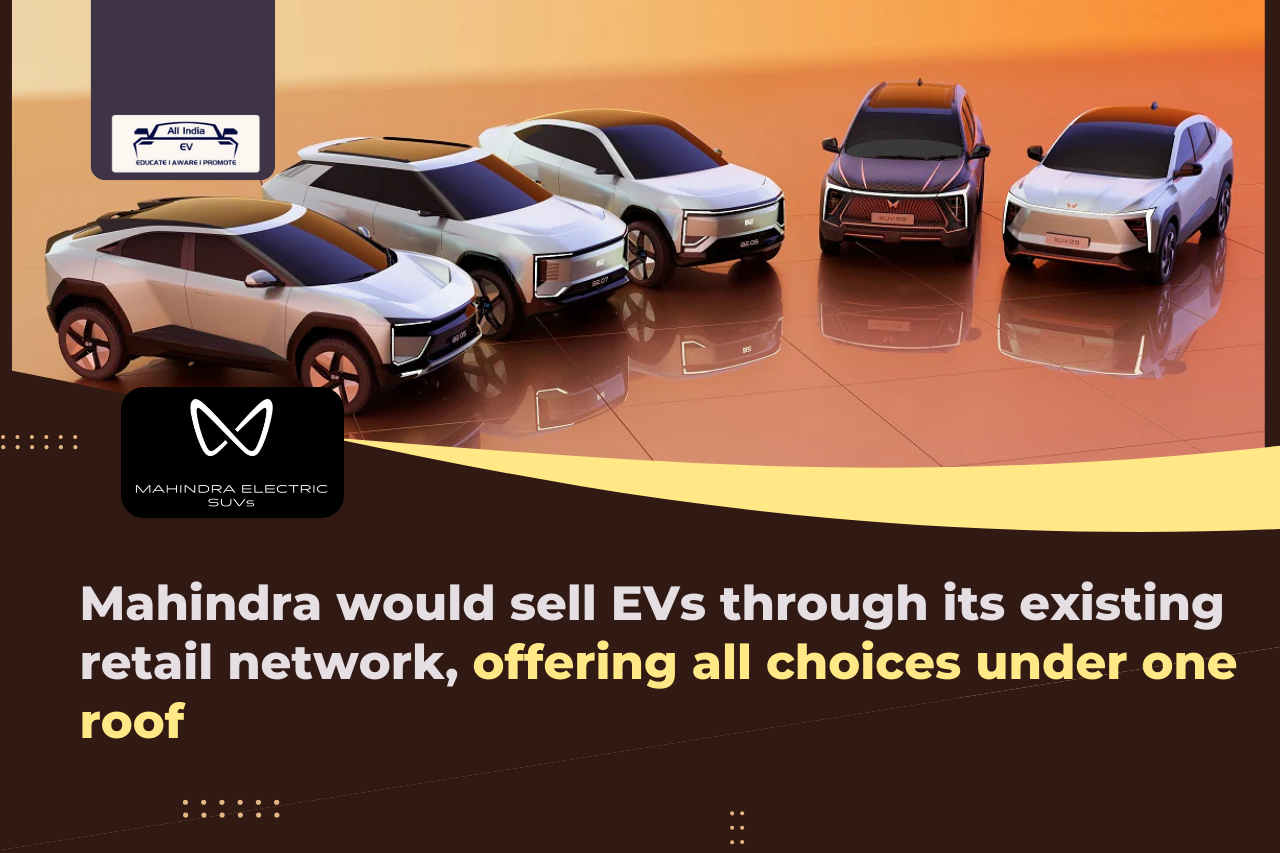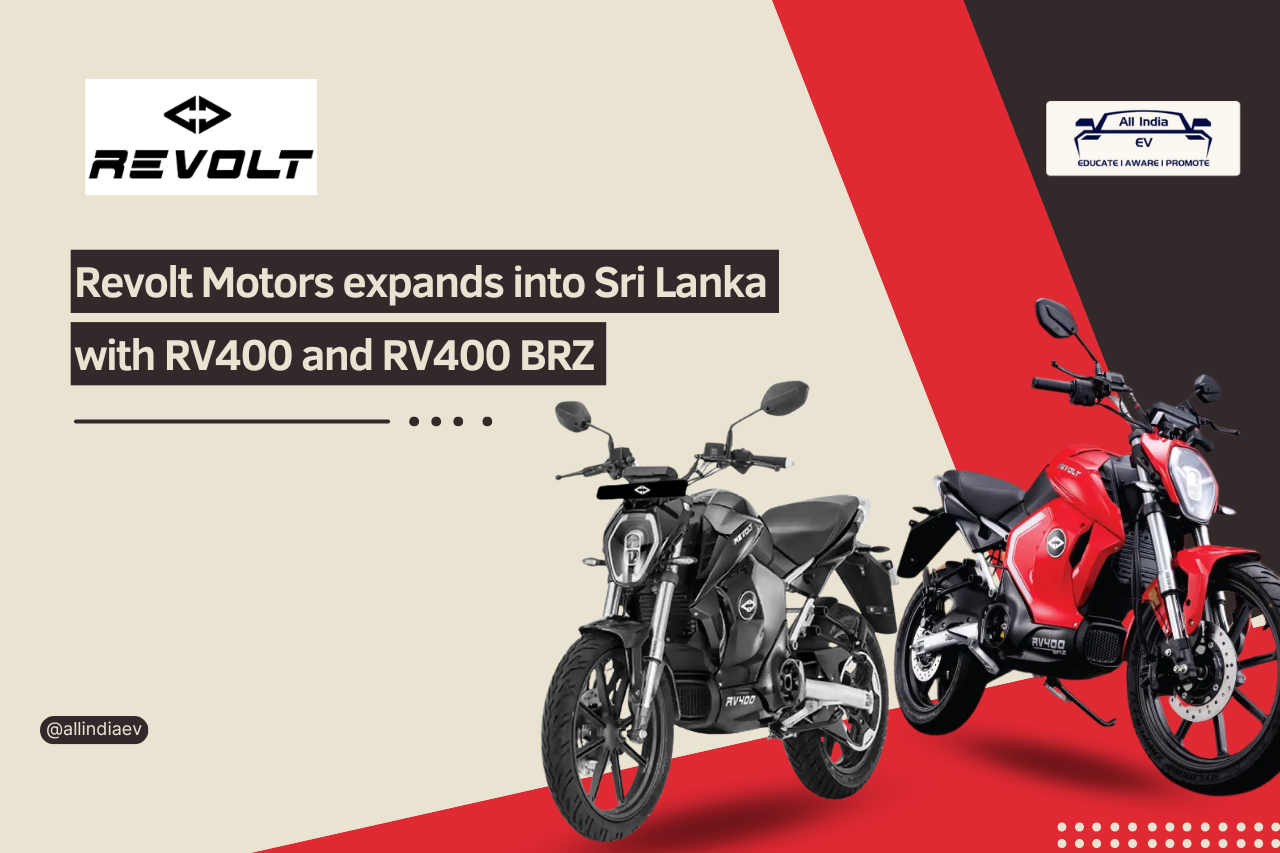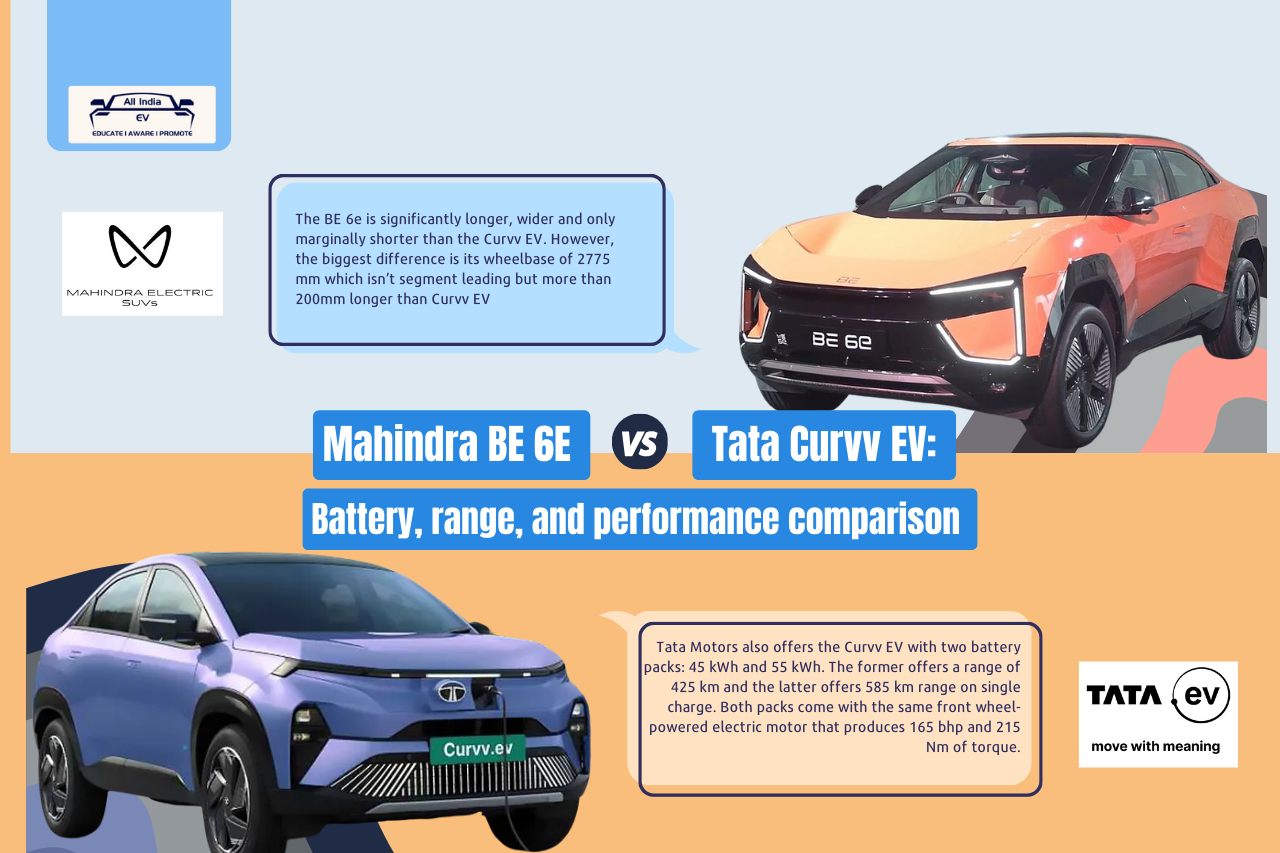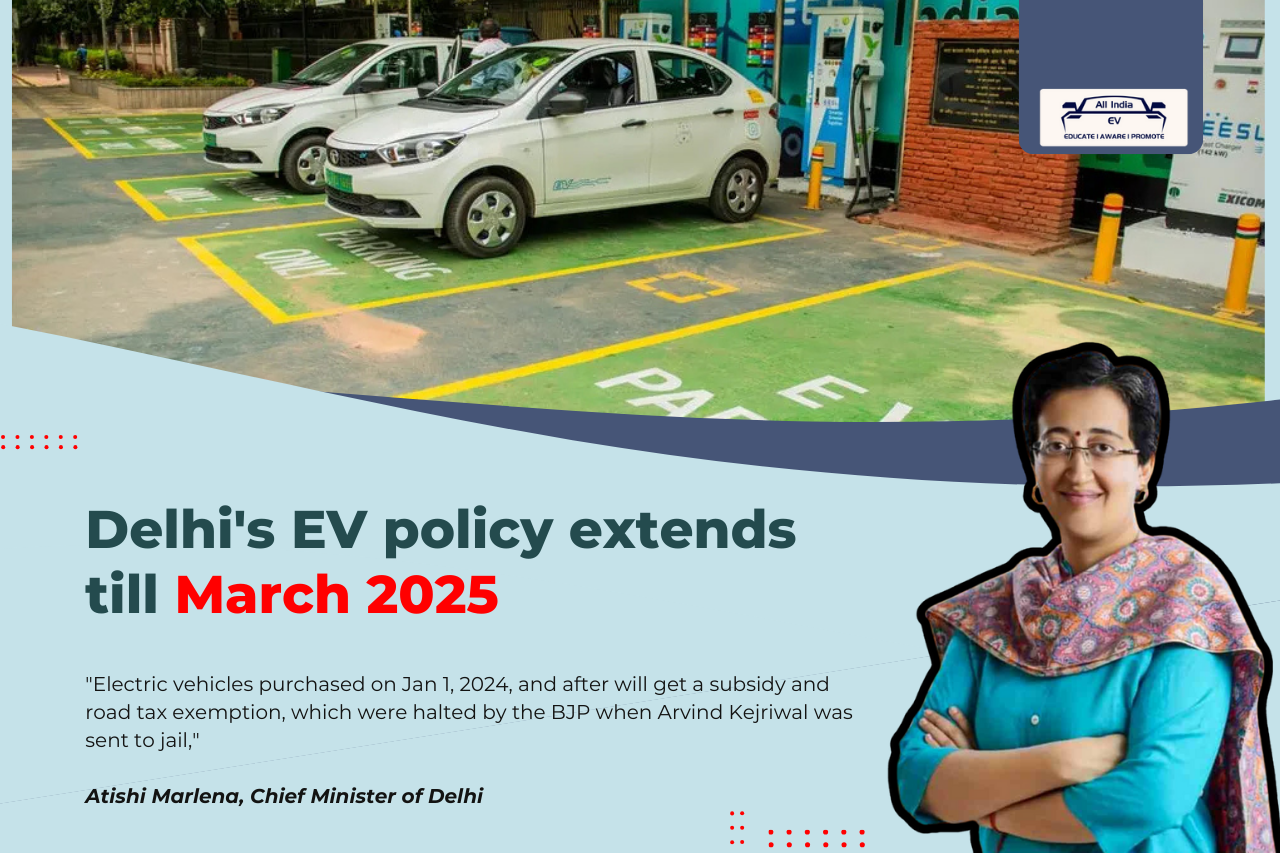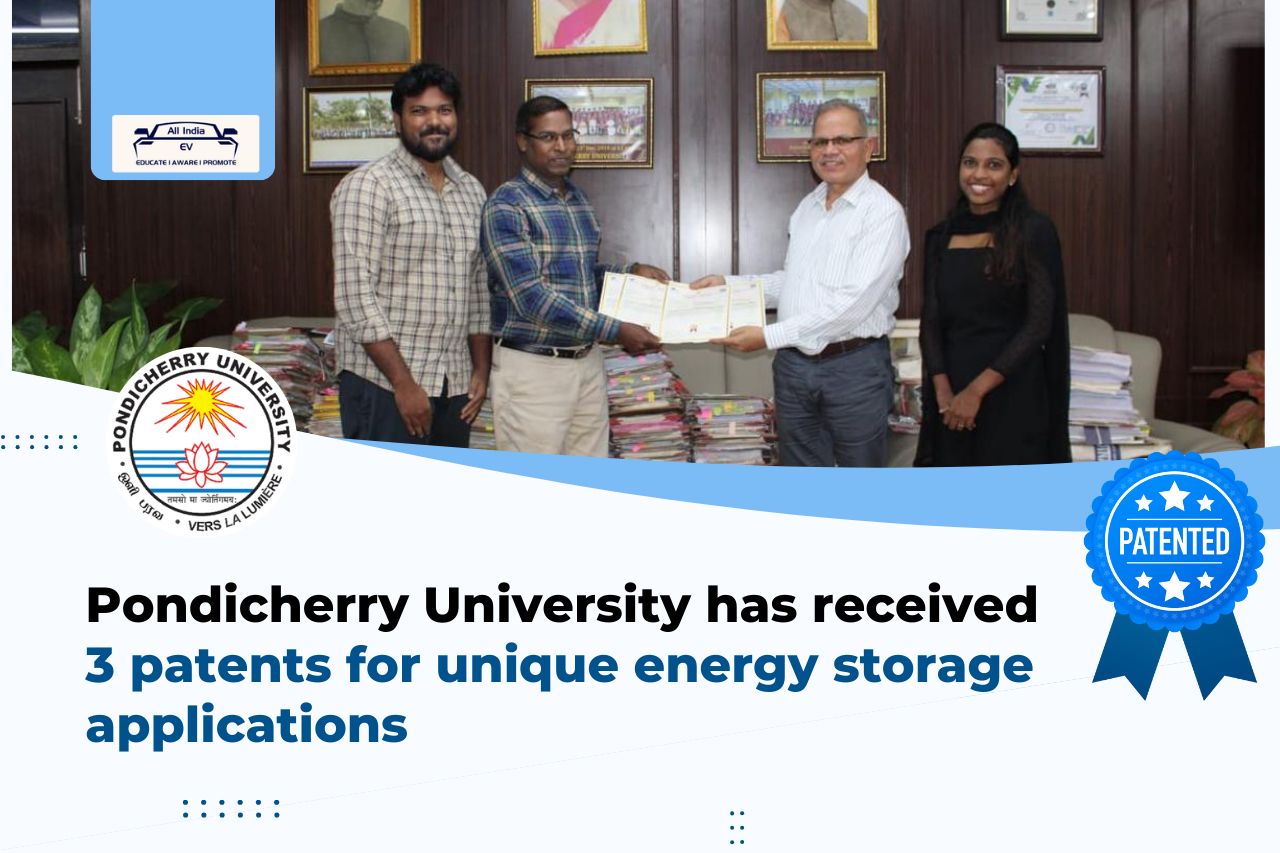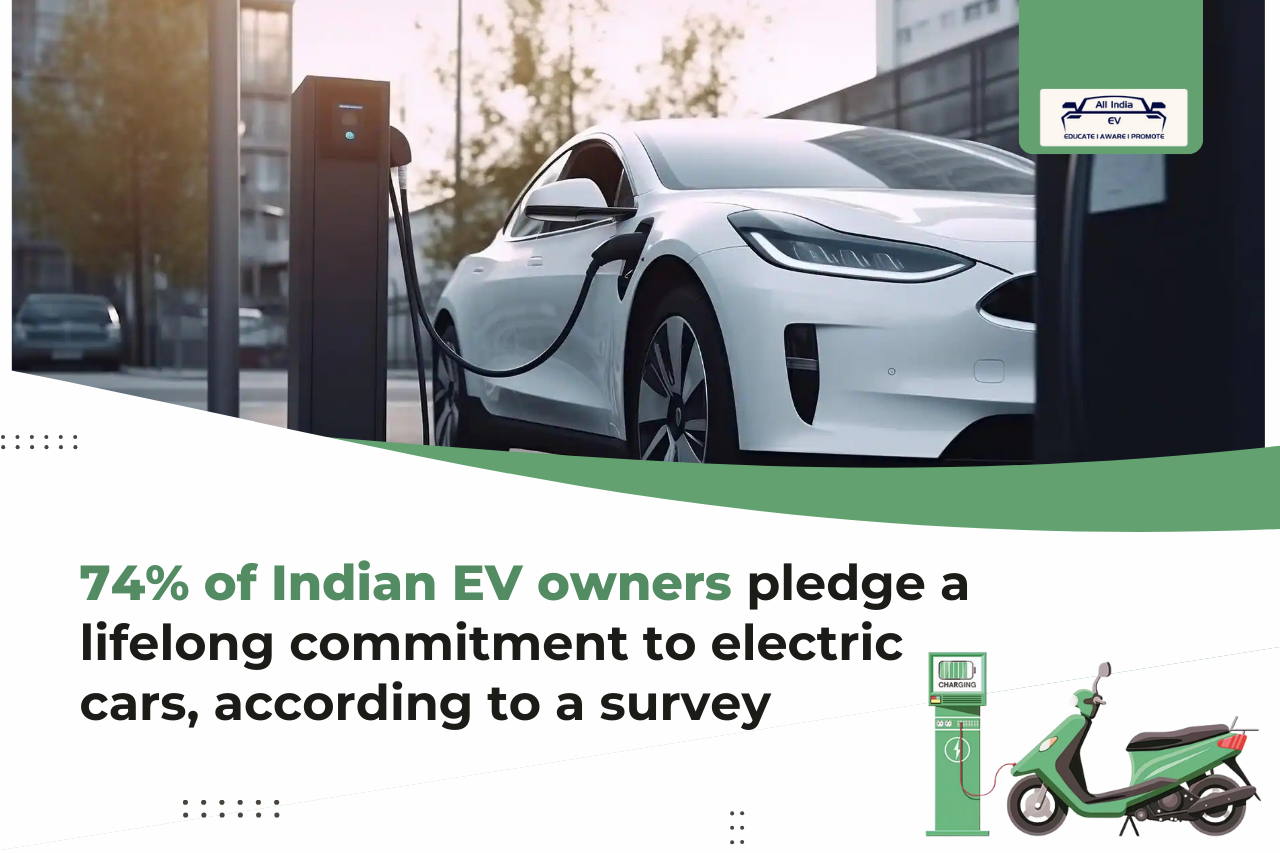
SUN Mobility Unveils India’s First Modular Battery-Swapping Technology for Heavy EVs
SUN Mobility Unveils India's First Modular Battery-Swapping Technology for Heavy EVs SUN Mobility has launched…
SW Group’s Rs15,000 Crore Lithium-Ion Battery Project in Nagpur: A Game Changer for India’s EV Industry
JSW Group's Rs15,000 Crore Lithium-Ion Battery Project in Nagpur: A Game Changer for India's EV…
Three EV Makers Under Investigation for INR 297 Crore Subsidy Fraud
Three EV Makers Under Investigation for INR 297 Crore Subsidy Fraud Greaves Cotton Limited has…
Greaves Cotton Approves IPO for Subsidiary Greaves Electric Mobility
Greaves Cotton Approves IPO for Subsidiary Greaves Electric Mobility Greaves Cotton Limited has taken a…
Mahindra to Sell EVs Through Existing Retail Network
Mahindra to Sell EVs Through Existing Retail Network Mahindra & Mahindra, a leading Indian automobile…
Kabira Mobility Launches KM Care Program Across 500+ Service Centers in Partnership with Vehicle Care
Kabira Mobility Launches KM Care Program Across 500+ Service Centers in Partnership with Vehicle Care…
Urgent Need for Multi-Modal EV Solutions in India’s Smog-Struck Cities
Urgent Need for Multi-Modal EV Solutions in India's Smog-Struck Cities India's air quality crisis has…
Revolt Motors Expands into Sri Lanka with RV400 and RV400 BRZ Launch
Revolt Motors Expands into Sri Lanka with RV400 and RV400 BRZ Launch Revolt Motors, India's…
Mahindra BE 6e: A New Era in Electric Mobility
Mahindra BE 6e: A New Era in Electric Mobility Mahindra has recently launched its Born…
Delhi Extends EV Policy to Combat Air Pollution Until March 2025
Delhi Extends EV Policy to Combat Air Pollution Until March 2025 Delhi's Electric Vehicle (EV)…
Pondicherry University Secures Three Patents for Green Energy Storage Innovations
Pondicherry University Secures Three Patents for Green Energy Storage Innovations Pondicherry University has achieved a…
Survey Reveals 74% of Indian EV Owners Commit to Electric Cars for Life
Survey Reveals 74% of Indian EV Owners Commit to Electric Cars for Life A recent…


